
Condomize, Don’t Compromise” campaign to reduce on the spread of HIV/ AIDs in South Sudan
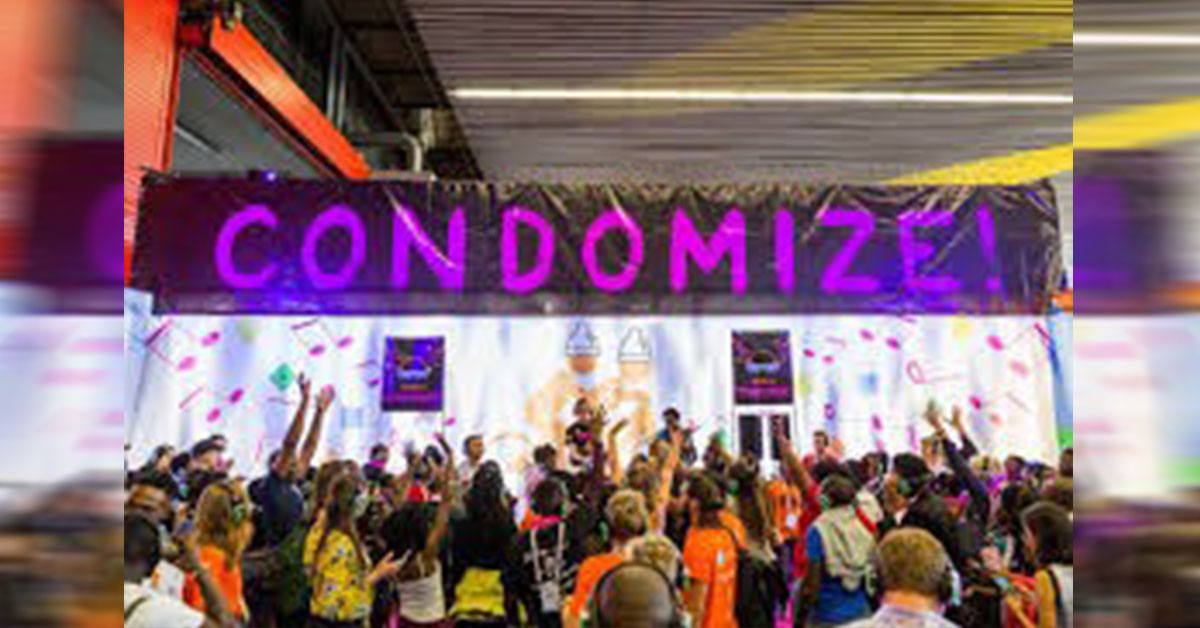
Juba – South Sudan: Some activists complain that there is little money donated for creating awareness campaigns on HIV /AIDs than for treatment.
Data Gordon, the program coordinator for OKAY Africa Foundation and the initiator of the “Condomize, Don’t Compromise” campaign to reduce on the spread of HIV/ AIDs in South Sudan said there is less focus by donors on supporting awareness programs yet prevention is the first step to reduce the spread of the virus.
He said there is a campaign by UNAIDs on 90, 90, 90 meaning 90 percent of the general population should know their status, 90 percent of them should be enrolled on treatment and 90 percent of whom their viral loads should be suppressed.
“For us to attain the first 90 there is need for awareness. we know literacy rates in South Sudan are extremely low and people don’t know what to do and get sub related services and debates around safe sex has not been there,” Gordon added.
He said most of the institutions that focus on awareness programs target only what he calls key populations including sex workers, gays, and where there is suspected high rates of HIV, leaving out the rest of citizens.
He reiterates that few people know their status because of lack of awareness. Gordon urges donors to prioritize awareness because he believes prevention is better than cure.
“let people get to know that I can voluntarily go and know my HIV status, lets create more awareness to remove the stigma that is surrounding HIV related services for example even going for HIV testing you find that people fear and these things have been put separate,” Gordon said.
The Condomize ambassador urges donors to put more money on prevention and also not neglect treatment. He said donors should not wait until someone gets the virus then he or she is treated.
However, some donors say their focus is on treatment because they aim at reducing the virus load among the survivors which reduces on the virus transmission, which they say is part of prevention.
South Sudan received 20 million dollars for HIV treatment this year from USAIDs.
Doctor Kandiang Modi, a HIV program management specialist with USAIDs South Sudan said the President’s Emergency Plan For AIDs Relief or PEPFAR donates money yearly to South Sudan strictly for treatment of persons living with HIV.
“Our role is to support the treatment like providing technical support in the main ministry of health and also provide counselling and support to people living with HIV so that they can be able to remain on treatment and to continue on treatment,” Dr. Modi said.
He said their target it to make people treat the virus and and suppress nit to undetectable level.
“Undetectable means Un-transmissible or in simple U=U,” Dr. Modi told The Insider.
Kidiede Chong, Director General in the Ministry of Health and Chairman of the Country Coordination Mechanism of the Global Fund in South Sudan said the Global Fund donated 86 million dollars for 2018 to 2020 to fight HIV, Tuberculosis and Malaria in South Sudan.
He says HIV/AIDs is allocated 30 million dollars, and they prioritize treatment of persons living with the virus because that is part prevention.
“Once the person is taking treatment, the person can live a normal life, we can even cut the transmission so that he or she doesn’t transmit to other people. Let’s agree on one thing that prevention and awareness as an investment is not the same as providing treatment and care to the patients, treatment and care are extremely expensive but let me tell you, without us taking care of those that are already having the disease it shows that we can’t even fight the disease and we think of ending the disease,” he said.
Kediende says people living with HIV should be given good care, treated and involved in response programs because they are important in ending the disease. He says there is an estimate of 190,000 people living with HIV in South Sudan but says only 31,000 of them are receiving treatment because the rest are lost to treatment since it is voluntary to follow up.
Kadiende says if a person doesn’t receive treatment for 90 days, then they register the person as lost to treatment, but he says they are working hard to improve the adherence to minimize the lost to follow-up
“We used to have a one-month regimen, now there is what is called multi month scripting. Medicines that a person can take instead of coming every month, can actually take a three months quantity of drugs especially when they are stable in taking the medicines, so we are opting for that and we also want to see if we can go [further] because the world has got a 6 months regimen provided the patient will still come for follow up.”
Chong and Modi calls on the public to test and know their HIV status so that they can quickly get treatment and counselled. They both urge people to stop stigmatizing and discriminating persons living with HIV because it is a normal disease that is treatable now.
This story was initially aired on VOA’s South Sudan In Focus program.

















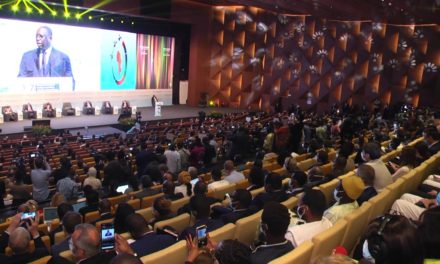
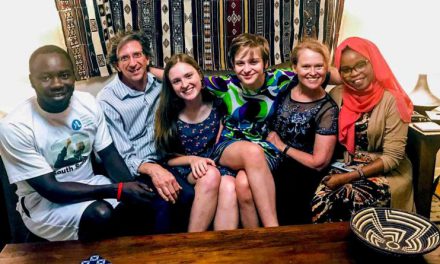
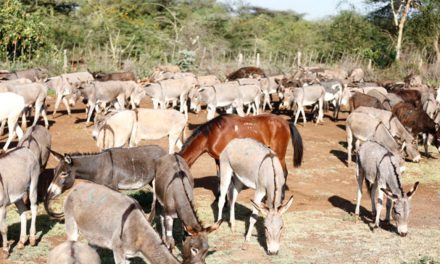
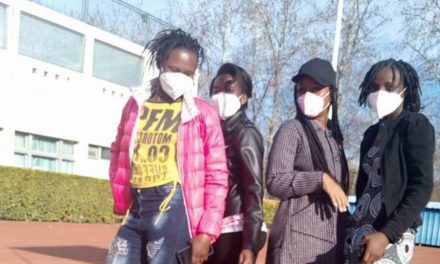
Recent Comments